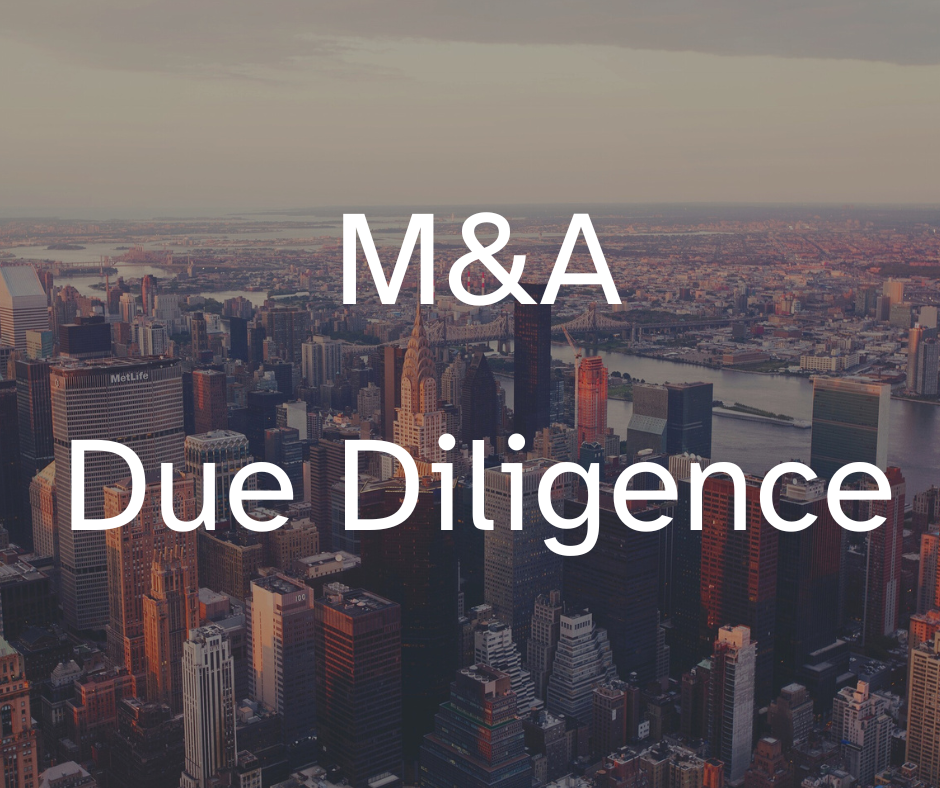Due diligence is a critical step in the M&A process that involves conducting a thorough investigation of a company’s financial and operational status to ensure that the purchase is a wise investment.
This process is necessary because it allows the acquiring company to identify and assess potential risks and liabilities associated with the target company, which can impact the overall success of the merger or acquisition.
Due Diligence – Key Factors
During due diligence, several key factors are evaluated to determine whether the acquisition is a viable option. These factors can include financial performance, legal compliance, intellectual property, and employment practices, among others. By evaluating these factors, the acquiring company can make informed decisions about the acquisition and ensure that it is a good strategic fit.
Financial Analysis
One of the most important aspects of due diligence is financial analysis. This involves reviewing the target company’s financial statements, tax returns, and other financial records to assess its financial health. The financial analysis should include a review of historical financial data, projections, and assumptions used in forecasting future financial performance.
Legal Aspect of Due Diligence
Another essential component of due diligence is legal review. This involves identifying potential legal risks and liabilities associated with the target company, such as lawsuits, environmental liabilities, and regulatory compliance issues. A comprehensive legal review should also include a review of the target company’s contracts, leases, and other legal agreements.
Intellectual Property
Intellectual property is another area that requires close attention during due diligence. This involves reviewing the target company’s patents, trademarks, copyrights, and other intellectual property assets to ensure that they are properly protected and to identify any potential infringement issues.
HR Employment Practices
Finally, employment practices should also be evaluated during due diligence. This involves reviewing the target company’s human resources policies and procedures to ensure that they are compliant with all applicable laws and regulations.
Conclusion
Due diligence is a crucial step in the M&A process that requires a thorough investigation of a company’s financial and operational status. By conducting due diligence, the acquiring company can identify potential risks and liabilities associated with the target company and make informed decisions about the acquisition.
It is important to note that due diligence is a complex process that requires specialized expertise and should be conducted by experienced professionals.
By conducting due diligence, the acquiring company can gain a better understanding of the target company’s financial and operational status, as well as identify any potential legal, regulatory, or intellectual property issues.
This information is critical in helping the acquiring company make informed decisions about the acquisition, and determine whether the potential benefits of the acquisition outweigh the potential risks. Due diligence also helps to ensure that the acquisition is a good strategic fit and that both parties are able to achieve their desired outcomes.
In short, conducting due diligence is essential to minimizing risks and maximizing the likelihood of a successful M&A deal.

